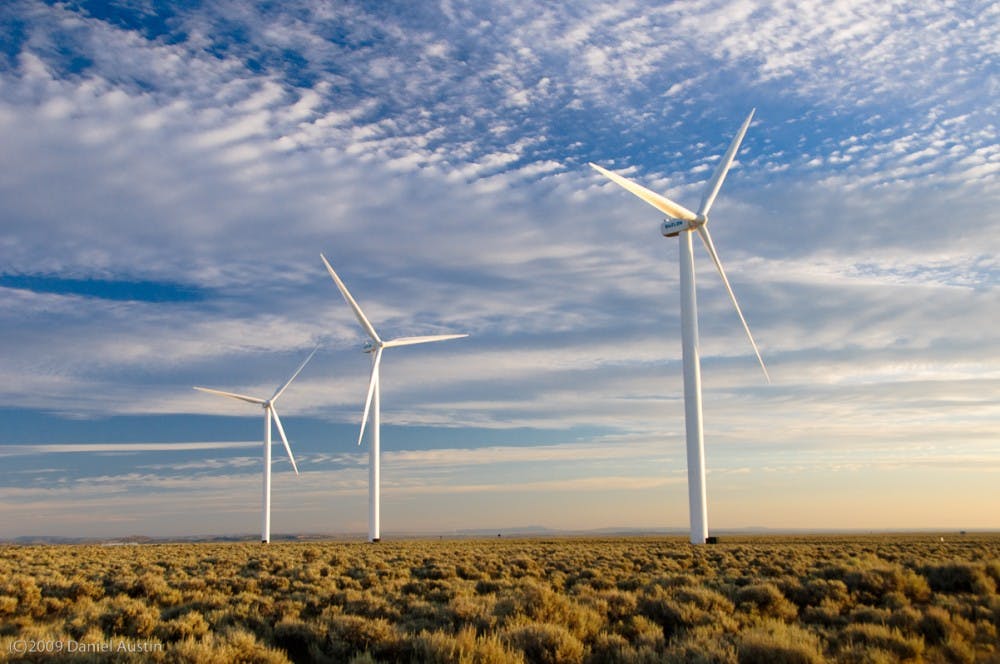Last April, I wrote a column about why AU needs to divest and why students should support that measure. This weekend, nearly 150 AU students went to the People’s Climate March in New York, but when it comes to climate change, supporting these big actions isn’t enough.
As a student body, American tends to focus on big, structural changes when it comes to the environment. We build new green certified dorms, buy up forests in South America to offset our carbon footprint and, hopefully, divest from fossil fuels. All of that is fantastic, but when it comes to climate change, the big changes don’t do enough.
Although AU considers itself to be a green school, the actions of the students don’t always reflect that ethos.
“What I would like to see more of, personally….is to change the culture among students. The University can spend exuberant amounts of money to make the office more sustainable, but if the culture of the campus is not with that, then it’s kind of just for naught,” sophomore Leo Brody, who works for the Office of Sustainability and is a Green Eagle, said.
I agree. We need to focus on more than divesting. We need to focus on changing our behavior, not just our funds.
What, exactly, is the problem here? It is hearing students complain heavily when they have to sort their trash. It’s the lack of visible composting bins in TDR. It’s the trash by the Katzen bus stop. It’s the constant carrying of disposable coffee cups.
In most of our classes, at some point, we learn about climate change. And most of the students I’ve spoken with on the issue are for protecting and conserving the environment and trying to halt climate change. People aren’t making the necessary choices not because they don’t want to, but because the campus culture does not promote it.
Let me give you an example. At Northland College, a tiny school in northern Wisconsin, the school has a free room, where students can take any items they need for no cost. Students can put items they no longer want into bins, which are then sorted by a federal work-study student to weed out the broken and useless. The items that pass inspection are put into the free room, where any student can come and take what they need. Free-cycling.
The actual environmental effects of this policy are minimal, at best. But the effect on campus is huge. It promotes the idea of sharing, of reusing and recycling. When students at Northland need things, their first thought is to check the free room. When students at AU need something, their first thought is to check Amazon.
American has some programs like the free room implemented already. We free-cycle the water bottles left in the library and do a Halloween costume exchange in October.
But we need to work to implement programs like this on a day-to-day basis. Programs that are meant to change the culture at AU should change it so that students think of the environment every day and not just when it’s the convenient or cool thing to do. Without a culture of sustainability surrounding them, divestment and protesting mean little.





